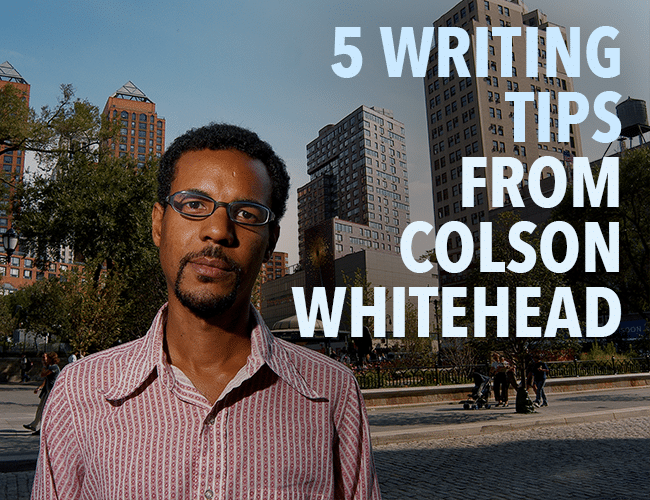
by Monica M. Clark |
A couple of weeks ago, I saw the Marvel blockbuster Black Panther. I’m not a big superhero movie person, but I hear that that they generally involve a hero who saves the world. So imagine my surprise when I left the theater still thinking about Erik Killmonger — the villain.
I was sad for the villain. I was moved by the villain. I wasn’t rooting for him, but could understand why someone might want to. It got me thinking — what made Killmonger such a good villain, and how can that be translated to writing?

by Pamela Fernuik |
Pretend you are an interviewer for a newspaper, a secret agent, or a novelist, and you are interviewing, or interrogating, a character for your story. Imagine the character is sitting in front of you, you have a new fifty sheet yellow writing pad and your favorite pencil your cat chewed, and you are about to ask them a list of questions.
Create a character by conducting an interview. Interview your character before you start writing so you can immerse yourself completely in who they are and what they stand for. Interview them and find out who they are.
by The Magic Violinist |
Conflict is necessary for all stories. It doesn’t matter what kind of story it is — novel, short story, mystery, romance, thriller, children’s, adult — it will always need conflict. In order to keep the plot interesting and exciting, conflict must be there. It gives your characters obstacles they have to overcome before they can reach their goals.
But how do you create conflict for your characters? There are three key ways.

by Pamela Fernuik |
What is the person in your story like? Who is your protagonist? Here are six characterization questions to help you reveal your protagonist’s character.

by David Safford |
I’m not gonna lie: I hate writing the Middle.
If you’re anything like me, the Beginning is easy. It’s fun to come up with a cool premise for a story. The conflict is there. The goals are plain as day. And getting your protagonist into trouble shouldn’t be too difficult.
The End can seem easy, too. The End of a story is like the candy center of the lollipop — you can’t wait to get to it! Of course you can’t write it yet because you haven’t gotten there, but with each moment of drafting, your heart is dead-set on reaching the end so you can reveal a great twist, kill off a beloved character, or teach a remarkable life lesson.
But for some reason, there’s something about a story’s Middle that’s a pain in the neck.

by Monica M. Clark |
A couple weeks ago, I attended an author talk with Colson Whitehead at Politics & Prose in D.C.
The author has been writing novels for 18 years, but recently he’s been getting a lot of attention because his new book, The Underground Railroad, was inducted into Oprah’s coveted Book Club. The book is about the escape from slavery to freedom in the antebellum south, but it also has fantastical elements—a literal underground railroad that exposes the protagonist to different worlds at each station.
Here are five tips I gleaned from his talk.







